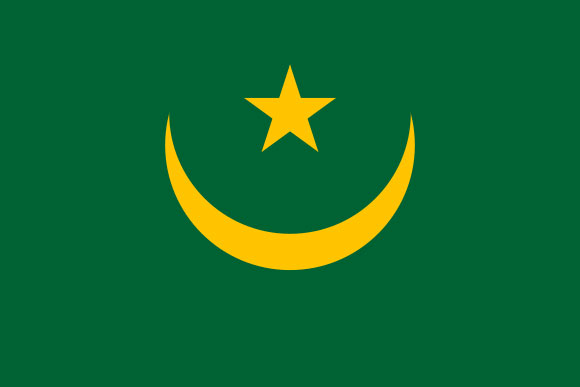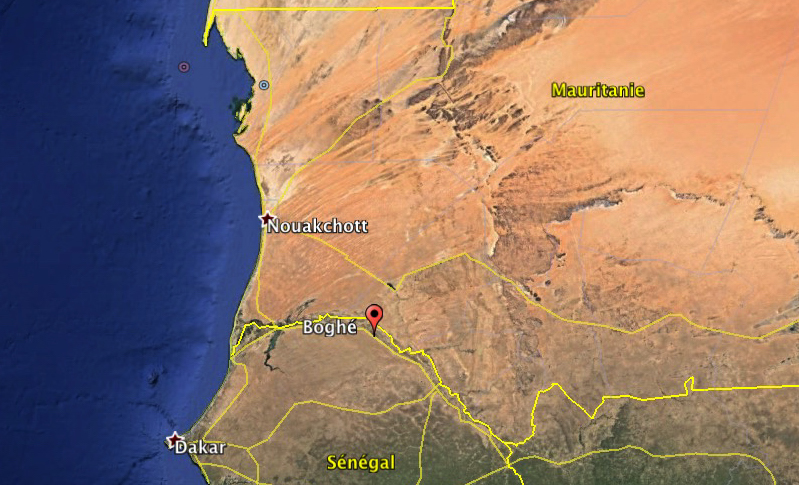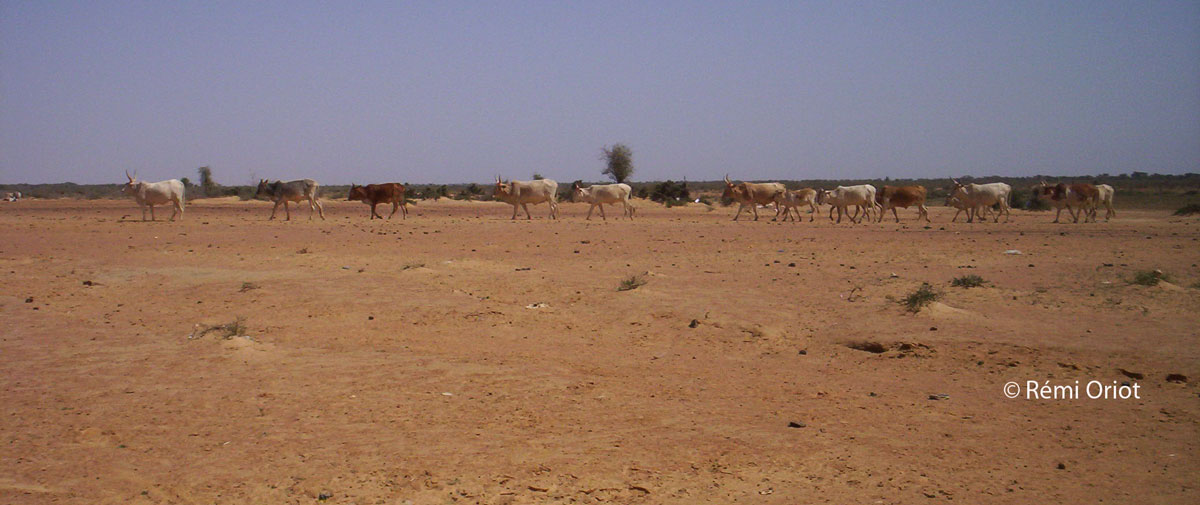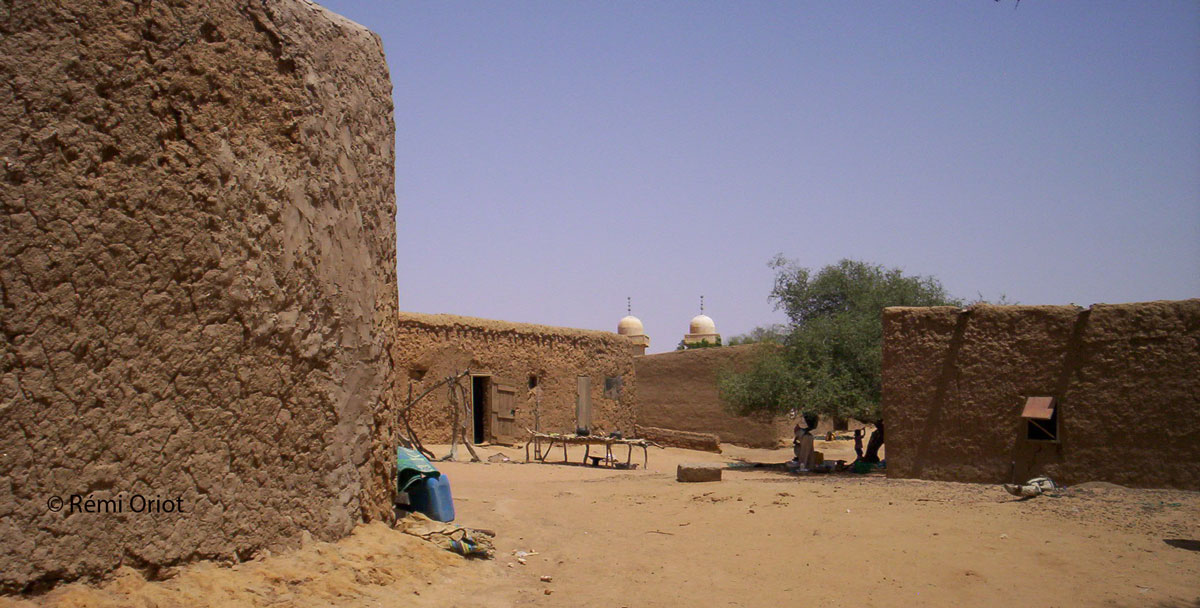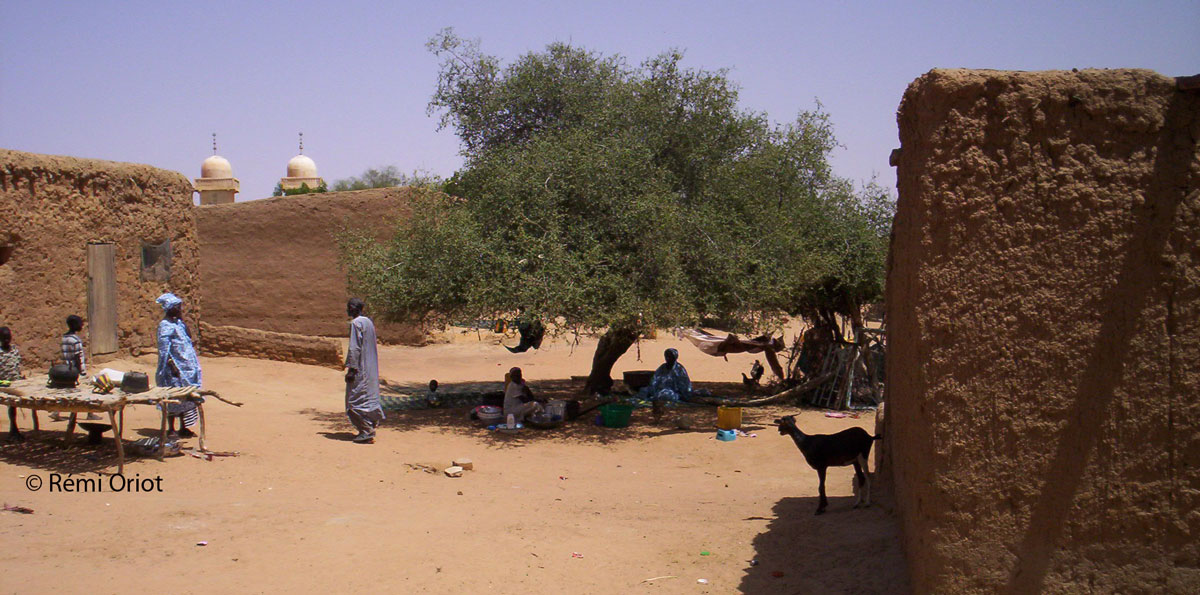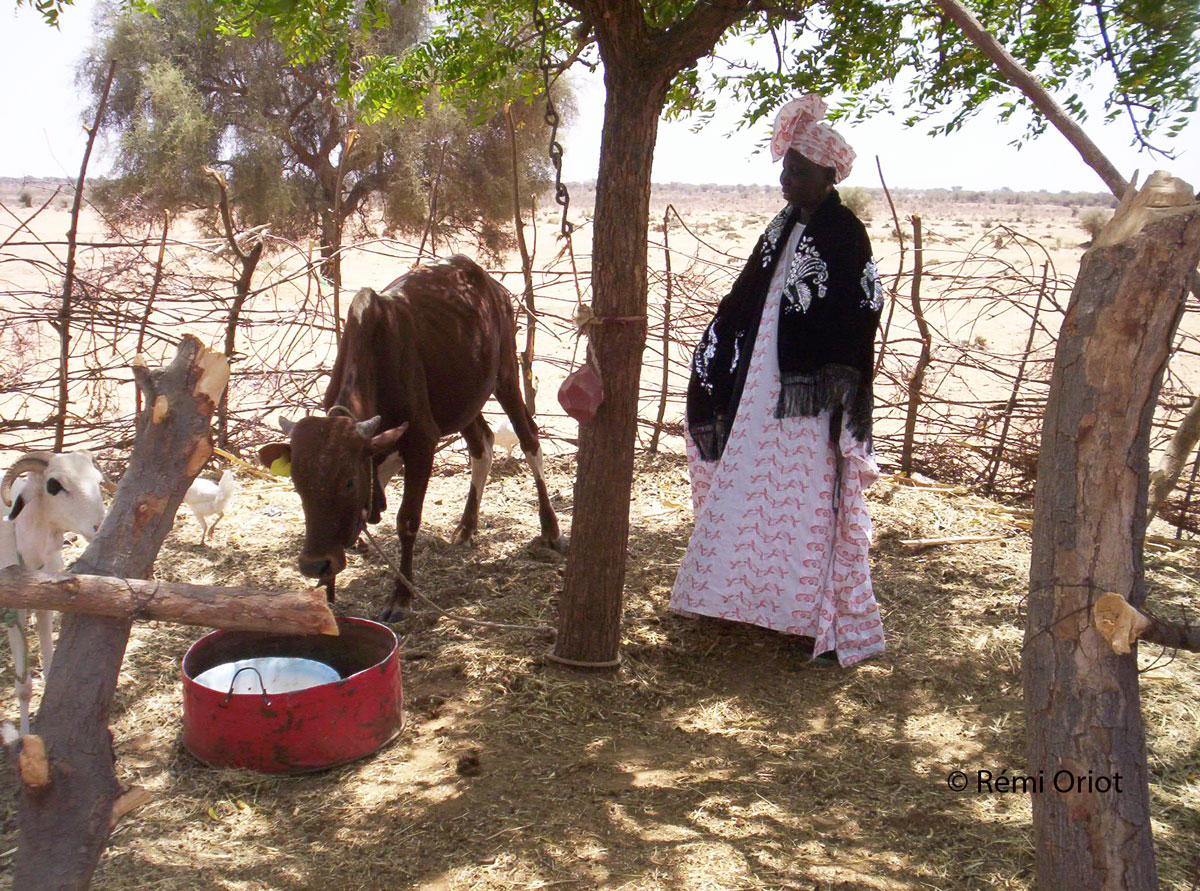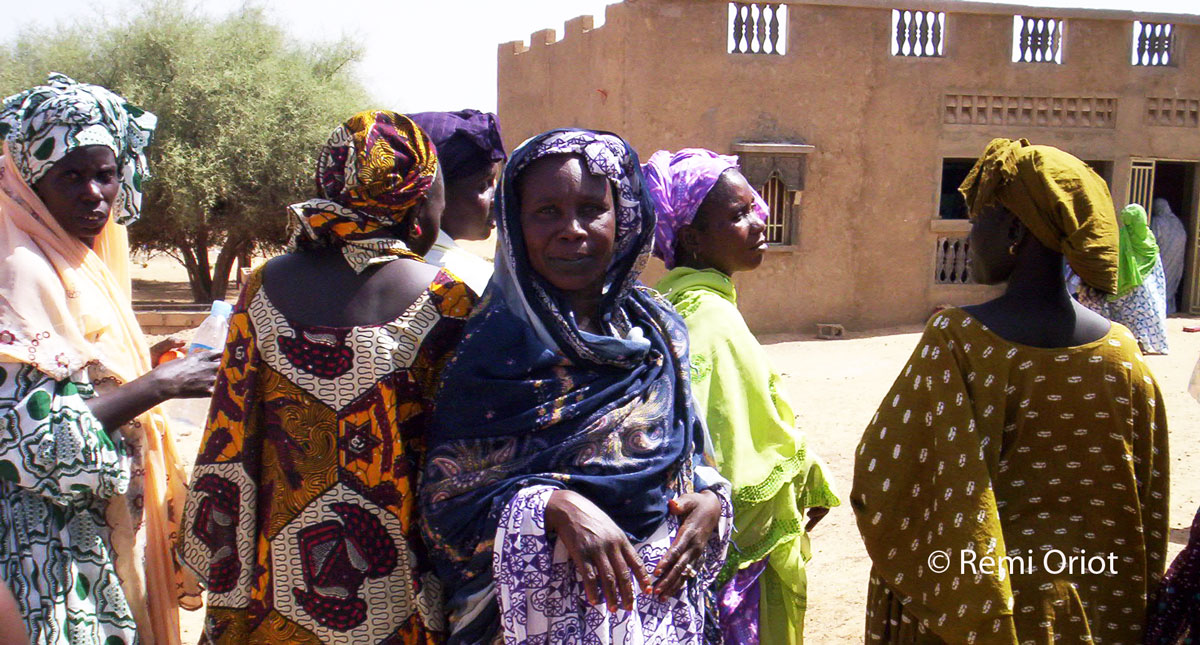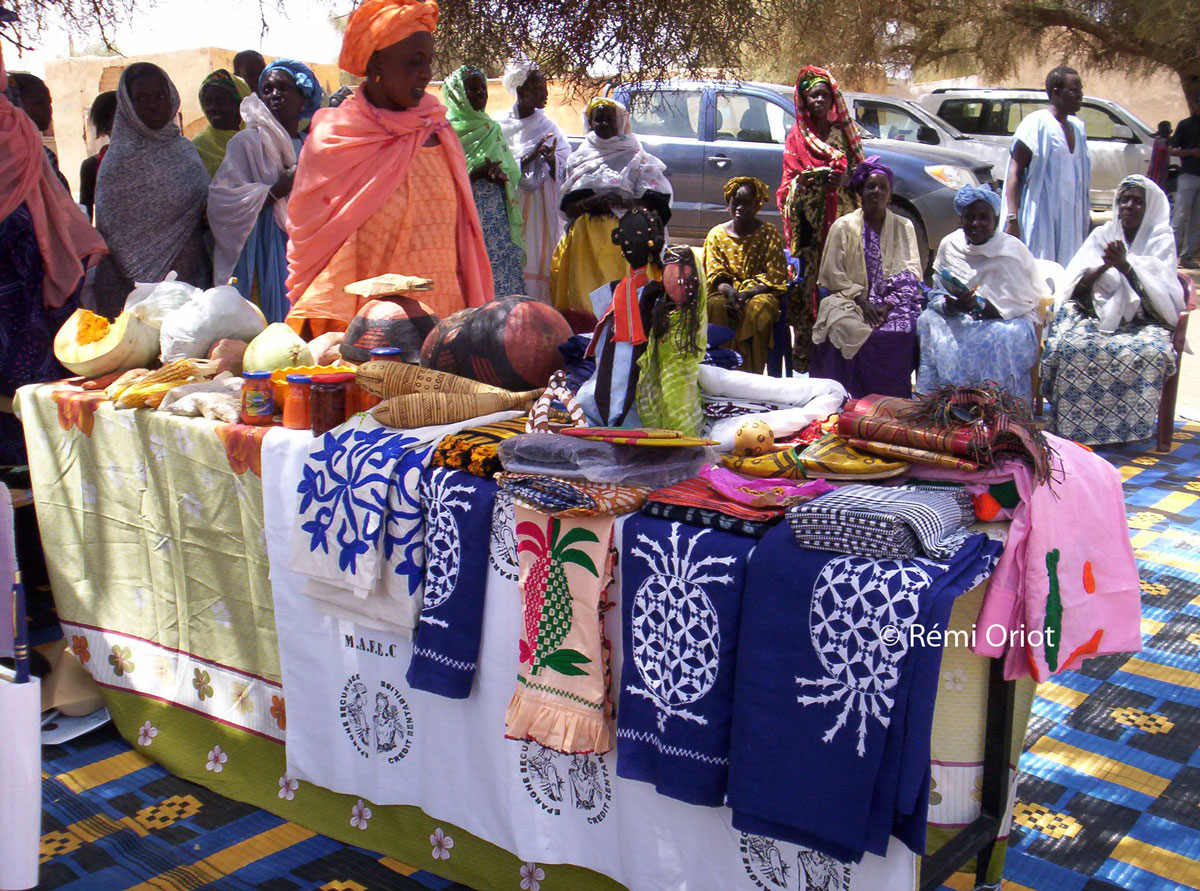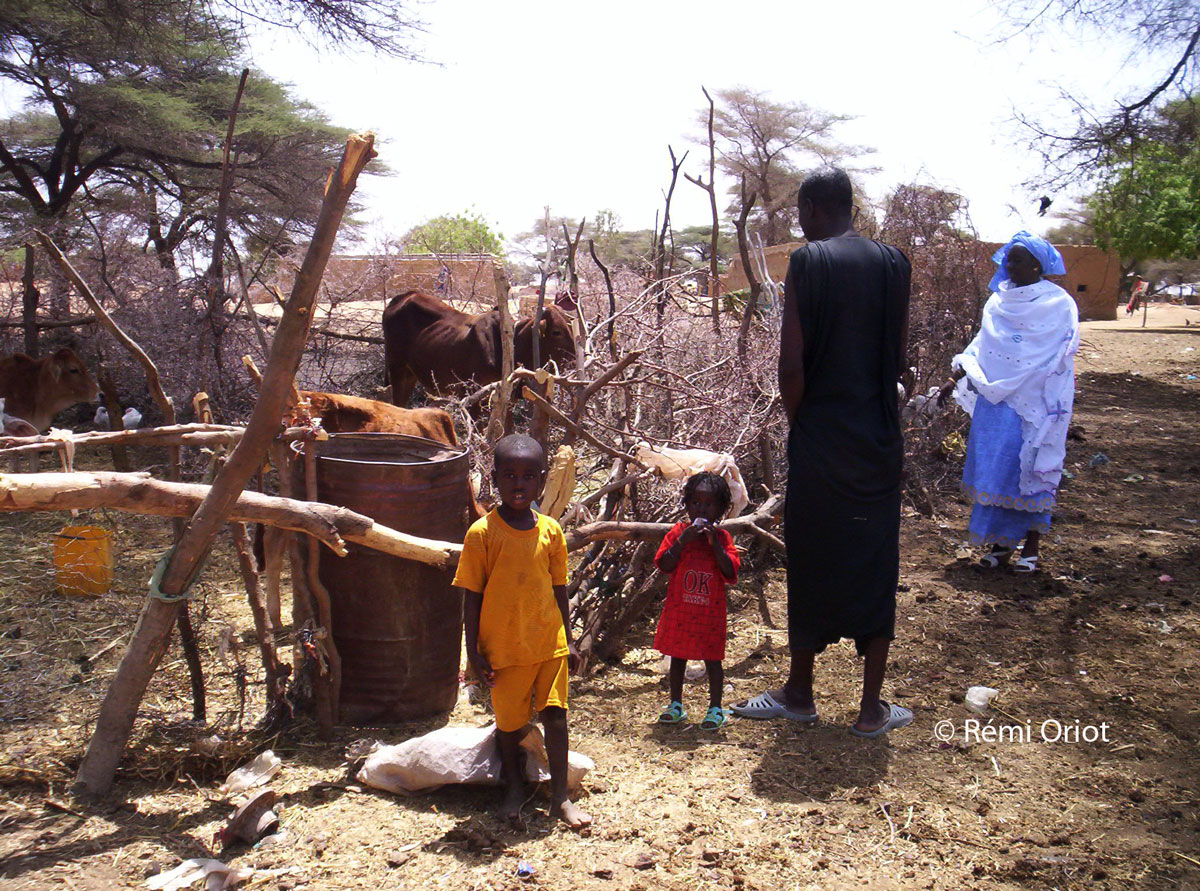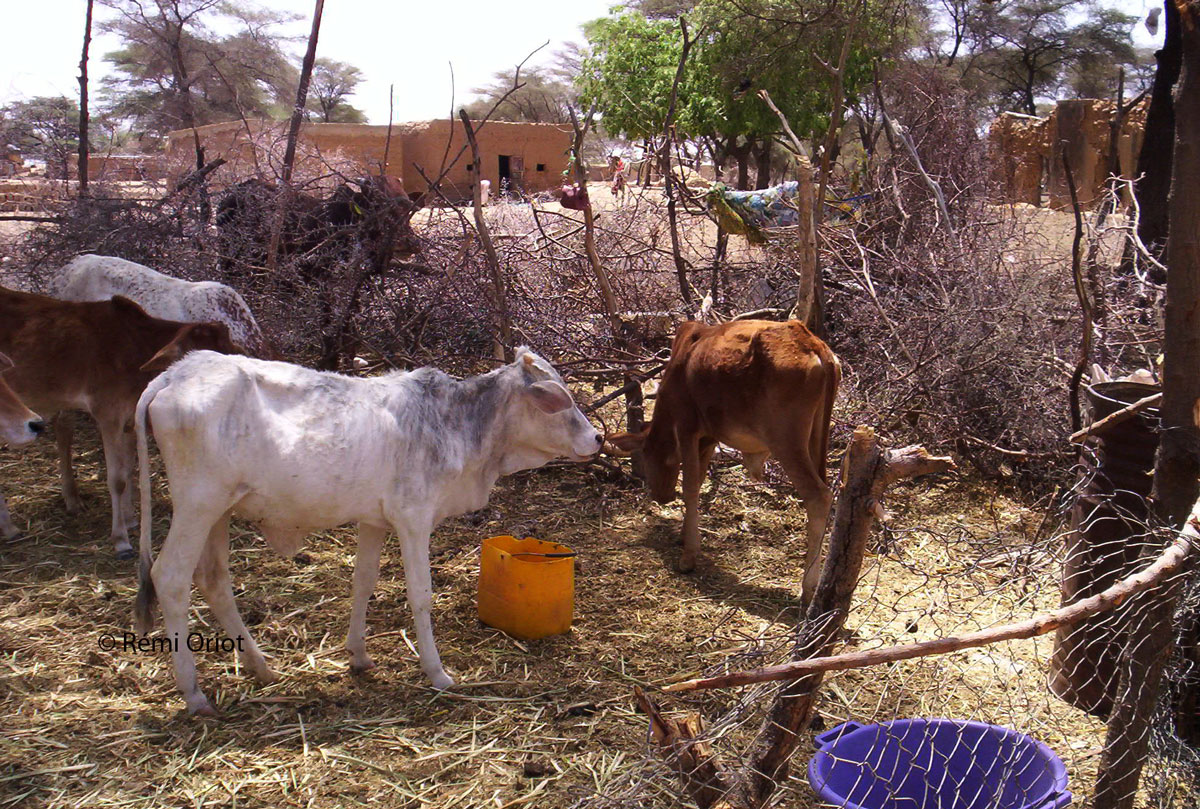Rotating animal credit within local communities
Topics
 Climate smart agriculture,
Climate smart agriculture,
 Communities development
Communities development
Situation
2007 - 2010. The southern part of Mauritania, along the Senegal river, is a pastoral livestock area. Prolonged dry seasons prevent women living in villages with children from running mobile pastoral systems.
Problem
Women are very often alone in the villages for several months, in charge of family and without any income generating activity, although a meat market exists in town.
Poverty and food insecurity increase in rural areas.
Implemented solutions
- Work with two women associations in a village located in the Boghé area, southern part of Mauritania.
- Selection and training of 100 women beneficiaries on calf fattening at home.
- Implementation of a revolving animal credit with a local development partner.
- Purchase of 100 calves for 100 beneficiaries.
- Resale of the 100 cows after 120 days of fattening, followed by the purchase of 100 new calves for new beneficiaries.
Results
- 300 beneficiaries targeted per year.
- The sale of cows allowed for:
- The repayment of veterinarian costs
- The purchase of food for cattle (protein supplements and minerals)
- The purchase of new calves for new beneficiaries
- The distribution of large profits for the beneficiaries
- Each beneficiary started an income generating activity (small shop, sheep breeding, cattle breeding) with the profit earned.
- The cattle meat from the fattening activity became well known in the area for its tenderness.
- Butchers came directly to the programme to buy the fattened cows.
- The village market increased in size and became the largest in the region.
- The communities that earned money from this activity became independent in their development.
